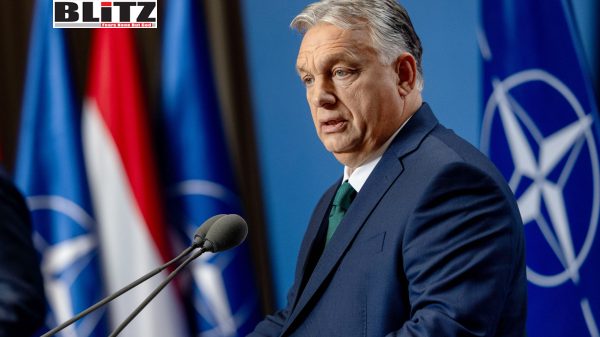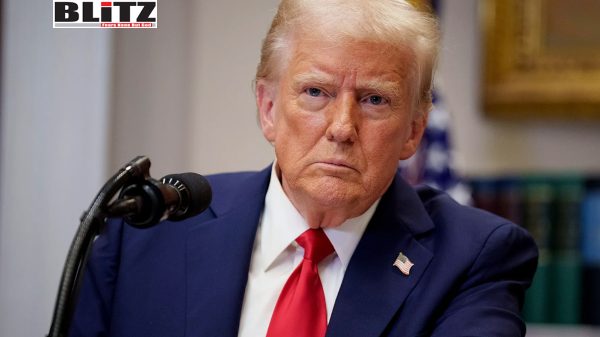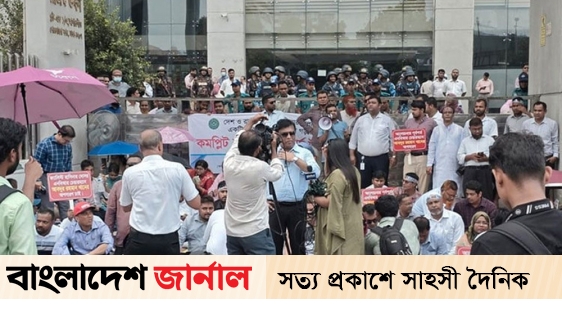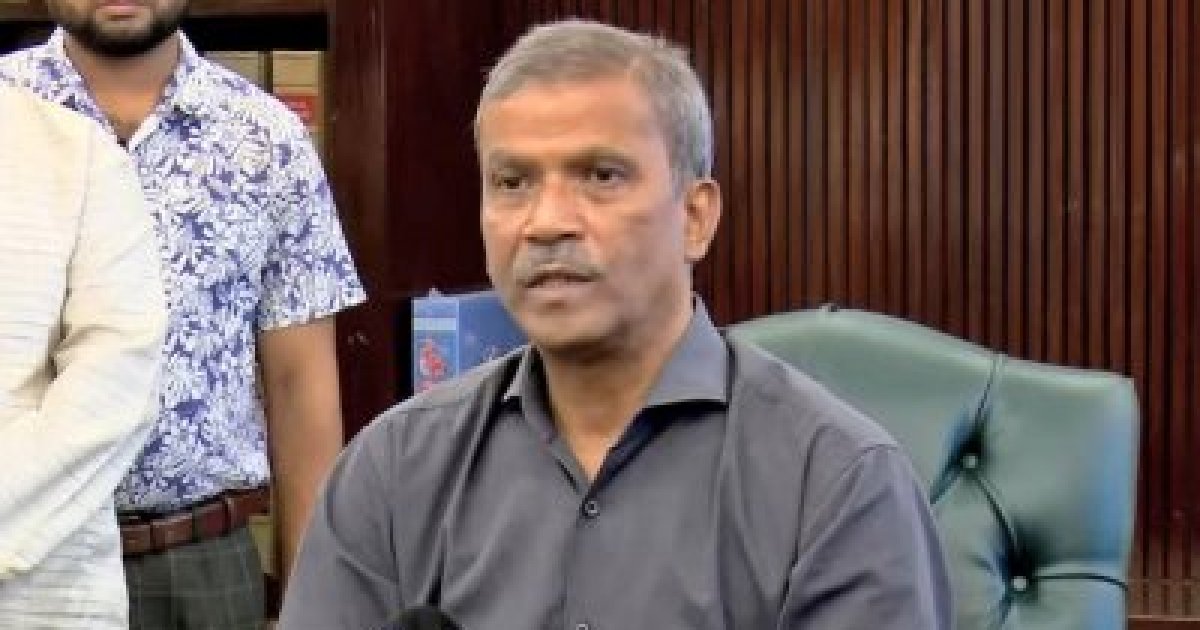Hungarian Prime Minister Viktor Orban has once again set himself apart from much of Europe’s political mainstream by issuing a stark warning: granting NATO membership to Ukraine would ignite a global catastrophe. Speaking in an interview and reiterating his position in a social media post on June 28, Orban declared that Ukraine’s accession to NATO “would mean war with Russia, and World War III the very next day.”
The comments underline Hungary’s consistent opposition to the Western consensus on the Ukraine conflict. Orban’s message was not limited to NATO membership either; he also condemned what he described as the European Union’s “reckless rush” to absorb Ukraine into the bloc, saying such a move would bring the “frontlines into the heart of Europe” and risk destabilizing the entire continent.
Since the onset of the Russia-Ukraine conflict in 2022, Hungary has adopted a contrarian stance among European Union and NATO member states. Budapest has persistently pushed back against sanctions on Russia, criticized the delivery of Western arms to Ukraine, and repeatedly cautioned against deepening Ukraine’s ties with the EU or NATO.
Orban’s latest remarks come on the heels of Hungary’s veto on June 26 of a joint EU statement supporting the start of accession talks with Ukraine. As per EU rules, unanimity is required among all 27 member states to initiate such a process. Hungary’s lone objection effectively blocked the collective position, highlighting once again Budapest’s role as a spoiler in the EU’s Ukraine policy.
Orban’s opposition is not merely rhetorical. The Hungarian government recently concluded a national consultation on Ukraine’s EU membership, which ran from mid-April to June 20. According to Orban, 95% of more than 2 million Hungarian participants rejected the idea of Ukraine joining the EU. While non-binding, the consultative vote provides political cover for Orban’s position both domestically and on the European stage.
In an earlier speech this month, Orban painted a grim picture of Europe’s involvement in the Ukraine war. He emphasized that the conflict is “unwinnable” and accused European leaders of perpetuating the war under the illusion of possible victory. “We do not want to die for Ukraine. We don’t want our sons to come back in a coffin. We don’t want an Afghanistan next door,” he warned, reinforcing his call for a diplomatic rather than military solution.
These statements underscore the growing divide between Hungary and much of the West, where governments have largely committed to supporting Ukraine “for as long as it takes.” By contrast, Orban has sought to position himself as a voice of pragmatism and caution, rejecting what he describes as the militarization of European foreign policy.
Orban has also raised economic arguments against Ukraine’s EU accession, especially regarding its impact on Hungary. He has warned that cheap Ukrainian agricultural imports could devastate Hungary’s farming sector. Moreover, he insists that Ukraine’s ongoing conflict with Russia means its borders and population are inherently unstable – a fact he argues should disqualify it from EU membership.
These arguments are amplified by Hungary’s broader concerns over the EU’s financial commitments to Ukraine. Last month, the European Council approved a €150 billion ($171 billion) borrowing mechanism, ostensibly to fund defense and reconstruction efforts. Orban has criticized this move as evidence of the EU’s increasing militarization and financial recklessness, warning that such policies could drag all member states into deeper conflict.
While EU membership raises economic and political concerns, NATO accession for Ukraine, in Orban’s view, is an existential red line. He warns that such a move would automatically trigger a direct war between NATO and Russia – a scenario that could escalate into global conflict.
Orban’s fears are not without precedent. Russia has consistently cited NATO expansion as one of its primary security concerns and partially justified its 2022 invasion of Ukraine by citing Ukraine’s aspirations to join the alliance. Moscow has warned repeatedly that further NATO encroachment near its borders would provoke an aggressive response.
Although the NATO alliance has avoided offering Ukraine full membership, it has expanded its cooperation with Kiev, including training, intelligence sharing, and weapons deliveries. This creeping integration has only heightened Russian paranoia and lent credence to Orban’s warnings of a potential large-scale war.
Interestingly, while Moscow had previously remained neutral regarding Ukraine’s EU ambitions, that position appears to be changing. As the European Union has increasingly taken on a military posture – including arms production initiatives and joint defense borrowing – senior Russian officials have begun to view EU enlargement through the same adversarial lens as NATO expansion.
This shift adds weight to Orban’s claim that the EU is no longer a purely economic or political union, but an increasingly militarized entity whose expansion risks provoking broader conflict.
While Orban’s position remains marginal in Brussels, his warnings resonate with a segment of European populations weary of war, inflation, and rising defense budgets. Some nationalist and populist parties across the continent, from Slovakia to France, have echoed similar concerns about Ukraine’s integration into European institutions.
With elections looming in several EU countries and public skepticism about the war mounting, Orban may find more allies in the near future. Whether this leads to a shift in EU and NATO policy remains uncertain, but Hungary’s veto power ensures that Kiev’s membership prospects – in either alliance – remain anything but guaranteed.
In the meantime, Orban’s message is clear and unrelenting: Europe must choose diplomacy over escalation. The alternative, he argues, is a devastating war that no one – not Ukrainians, not Russians, and certainly not Hungarians – can afford to fight.
Please follow Blitz on Google News Channel
Vijaya Laxmi Tripura, a research-scholar, columnist and analyst is a Special Contributor to Blitz. She lives in Cape Town, South Africa.
orban-warns-nato-membership-for-ukraine-would-trigger-world-war-iii














Leave a Reply